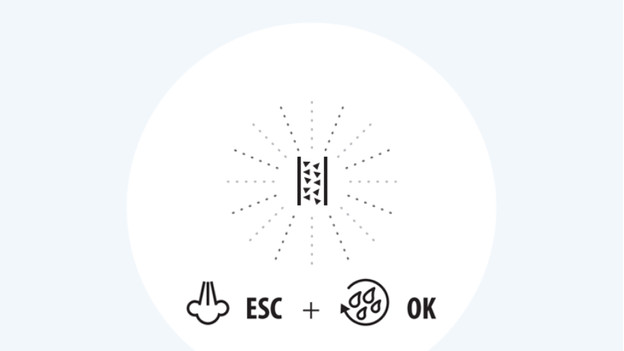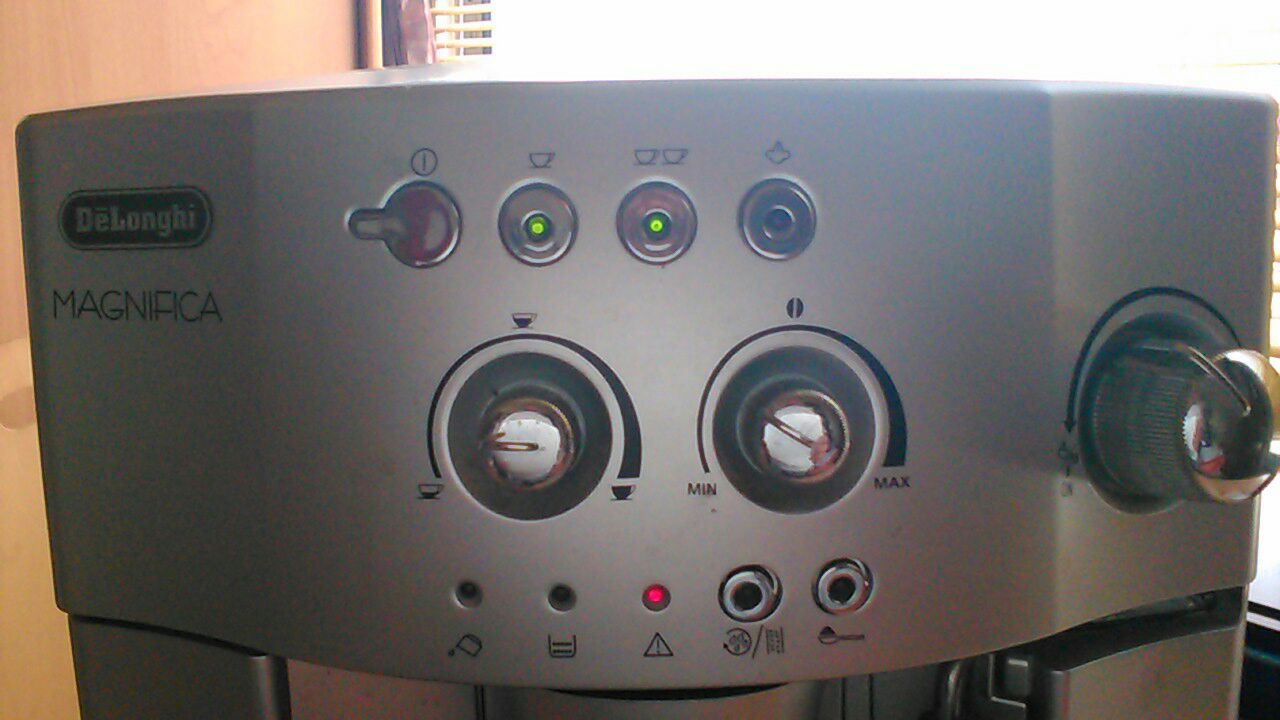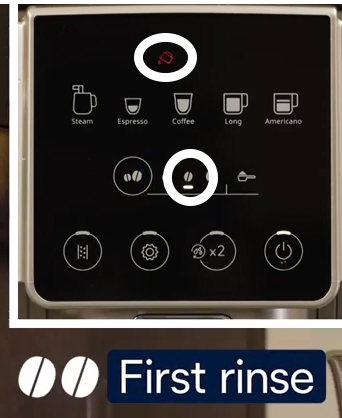
Test Cafetière Delonghi Magnifica S ECAM 22.140.B un rapport qualité/prix redoutable - Les Numériques
Mon expresso Delonghi FEB2533.SB affiche un message derreur en faisant un café long avec du café moulu sur Expresso avec broyeur, DELONGHI – Tuto – Communauté SAV Darty 1317

Test Cafetière avec broyeur Delonghi Magnifica Evo FEB2942.TB : basique, rapide et efficace - Les Numériques

Comment résoudre les messages d'erreur des De'Longhi Dinamica et Magnifica ? - Coolblue - tout pour un sourire
![Le voyant de ma cafetière De'Longhi clignote : comment changer le débitmètre ? | [Vidéo] 🎥 Votre machine à café De'Longhi vous fait des clins d'oeil 😉 Elle veut vous dire quelque Le voyant de ma cafetière De'Longhi clignote : comment changer le débitmètre ? | [Vidéo] 🎥 Votre machine à café De'Longhi vous fait des clins d'oeil 😉 Elle veut vous dire quelque](https://lookaside.fbsbx.com/lookaside/crawler/media/?media_id=567617743953844&get_thumbnail=1)
Le voyant de ma cafetière De'Longhi clignote : comment changer le débitmètre ? | [Vidéo] 🎥 Votre machine à café De'Longhi vous fait des clins d'oeil 😉 Elle veut vous dire quelque



















